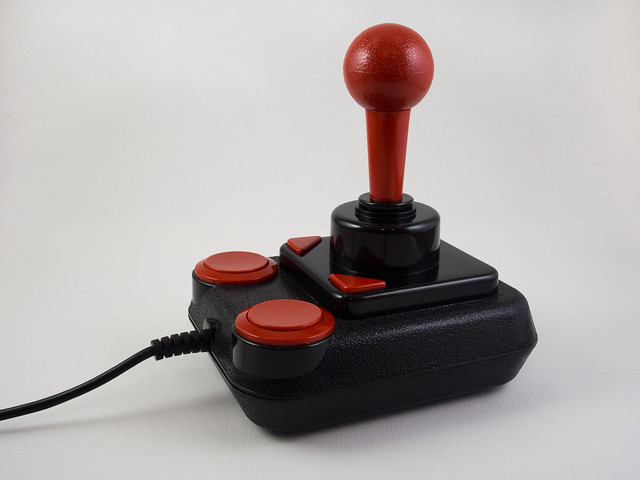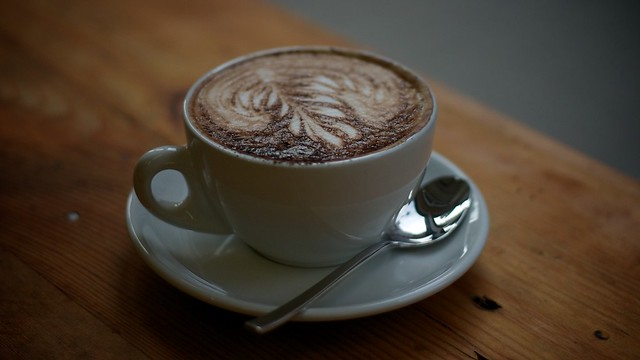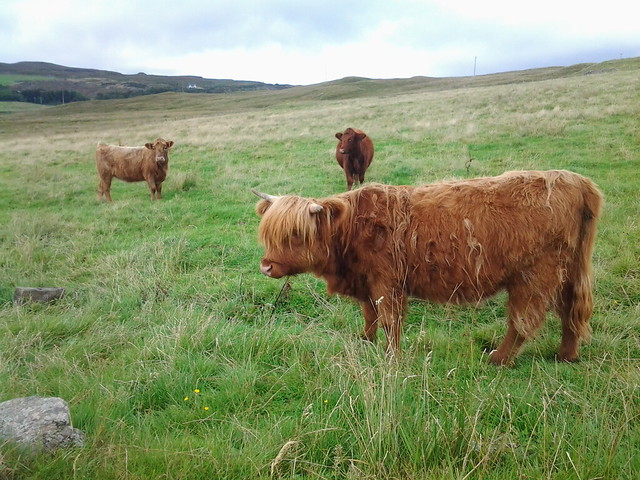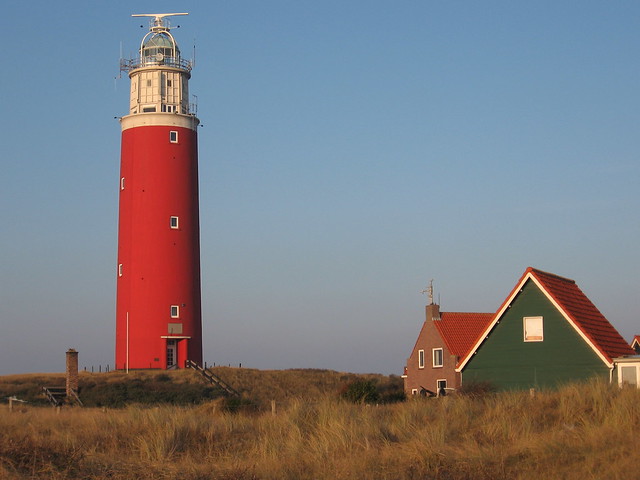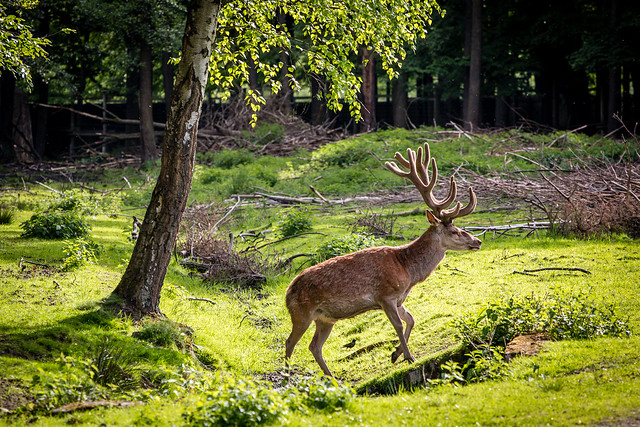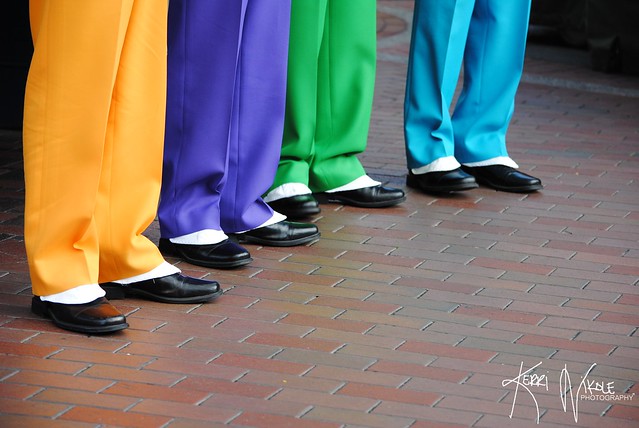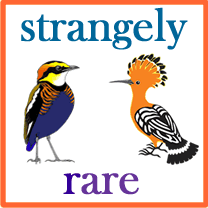The other day I came across an interesting Dutch word – klimop [‘klɪ.mɔp], which means ivy (Hedera helix).
It comes from opklimmen (to climb up, become greater, become larger), and literally means “climb-up”, which seems like a good name for a plant the climbs up walls and other things [source].
Klimop also features in Afrikaans, and similar words are used in Low German (Klimmop) and Papiamentu (klemòk) [source].
Klimmen (to climb, go up) comes from the Middle Dutch climmen (to climb, rise, to go up, increase), from the Old Dutch *climban (to climb), from the Proto-Germanic *klimbaną (to climb) [source].
The English word climb comes from the same root, via the Middle English climben [ˈkliːmbən/ˈklimbən] (to climb, scale, ascend, soar), and the Old English climban [ˈklim.bɑn] (to climb). In Late Middle English the b was no longer pronounced, so climben became [ˈkliːmən/ˈklimən]. Then the i became a diphthong and the -en ending fell off, resulting in the pronunciation [klaɪm] [source].
The English word ivy comes from the Middle English ivi (ivy), from the Old English īfiġ [ˈiː.vij] (ivy), from the Proto-Germanic *ibahs (ivy), from the Proto-Indo-European *(h₁)ebʰ- [source].
From the same root we get words for ivy in Danish (efeu), German (Efeu) and Norwegian (eføy) [source], and words for yew (trees) in Celtic languages, including iúr in Irish and iubhar in Scottish Gaelic [more details]

